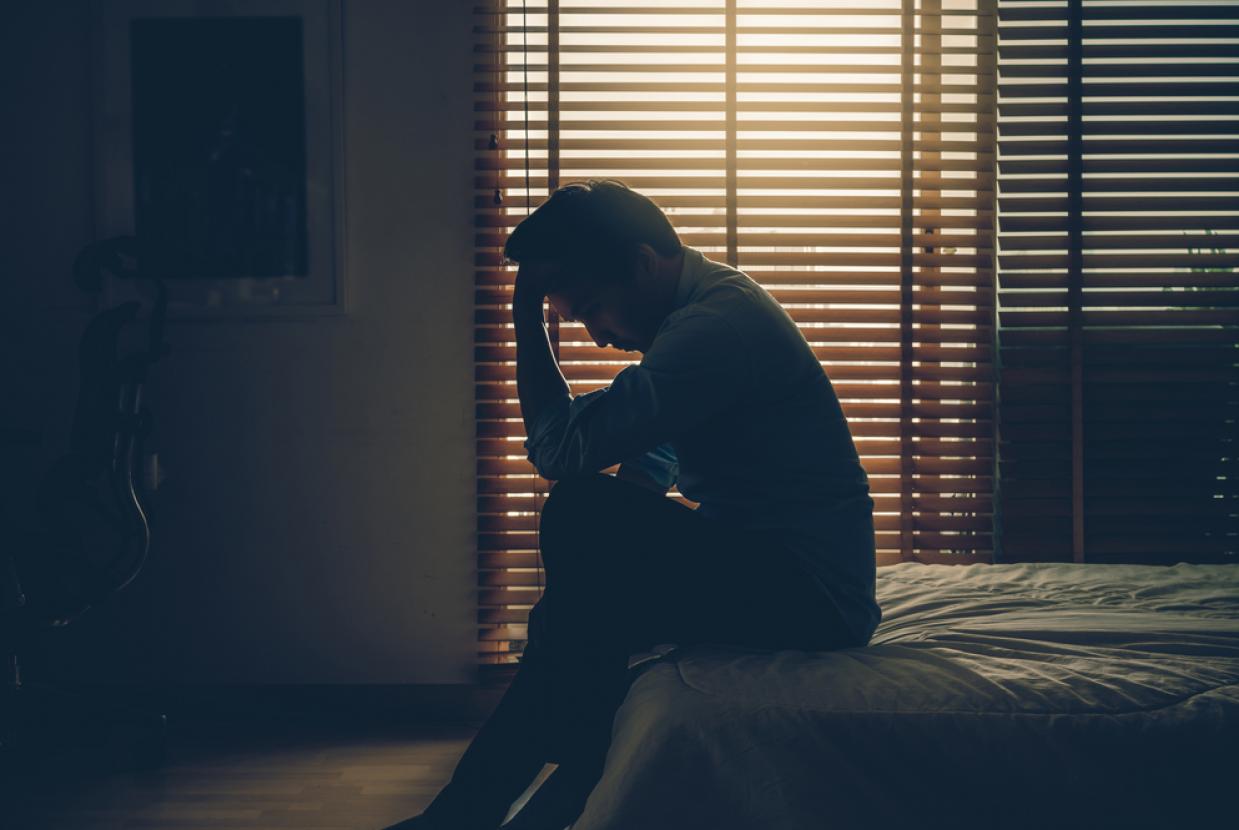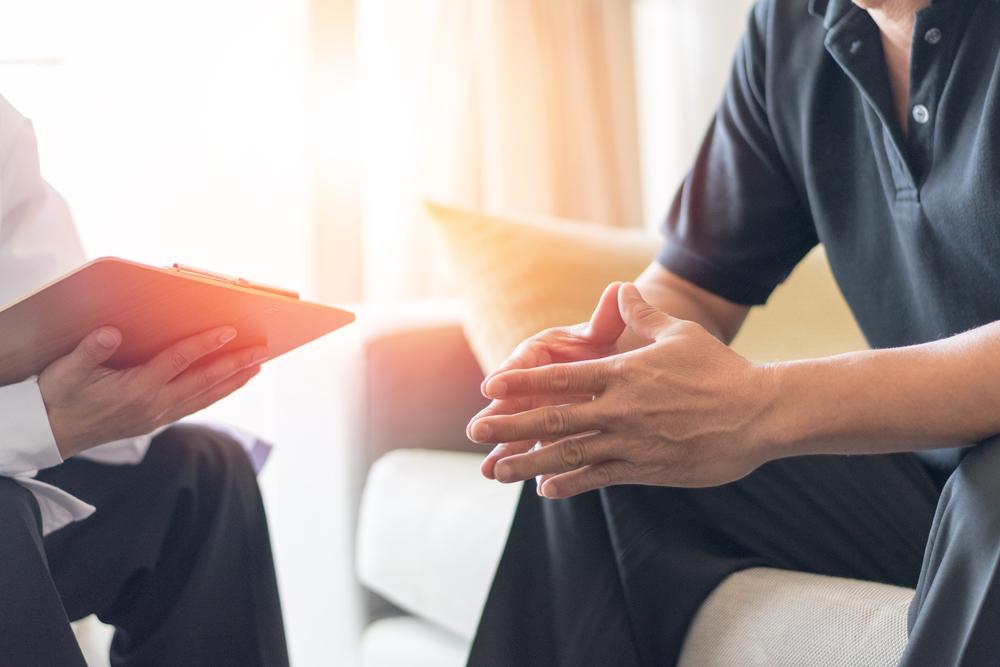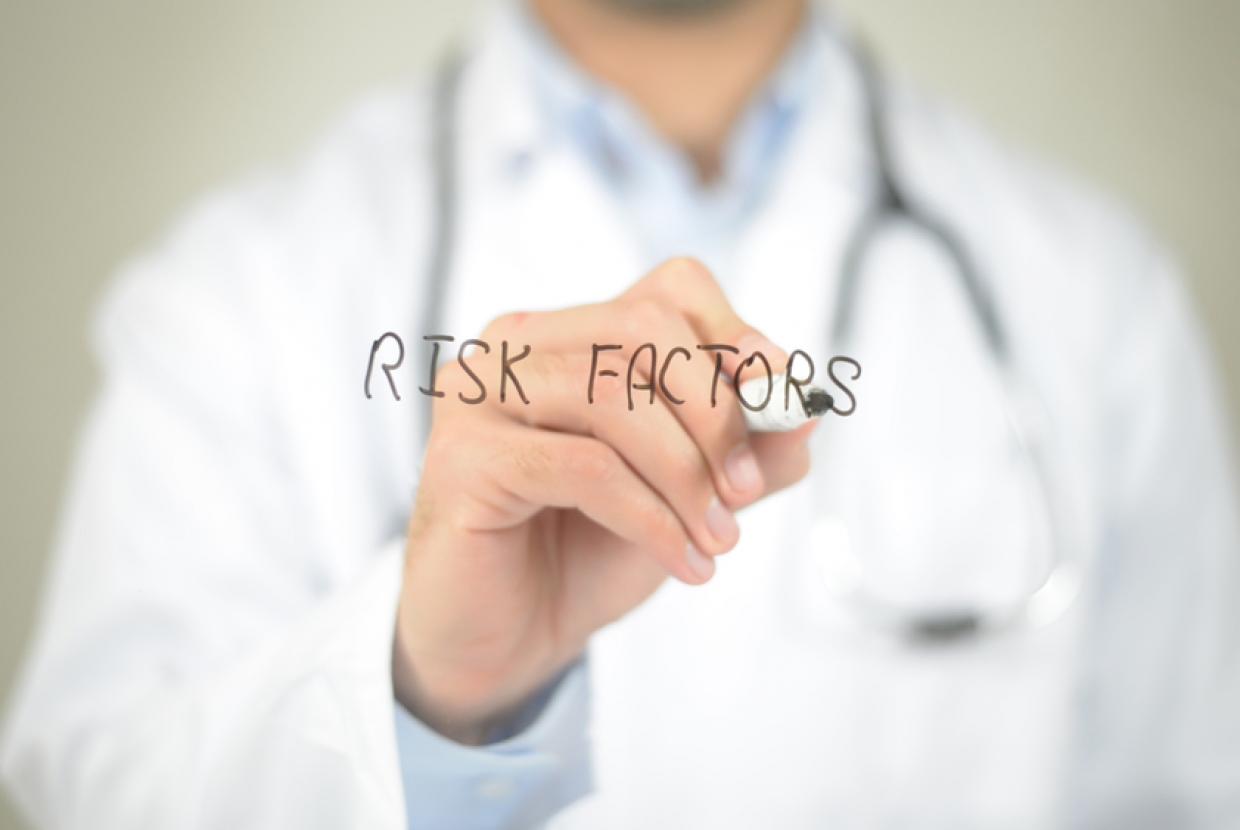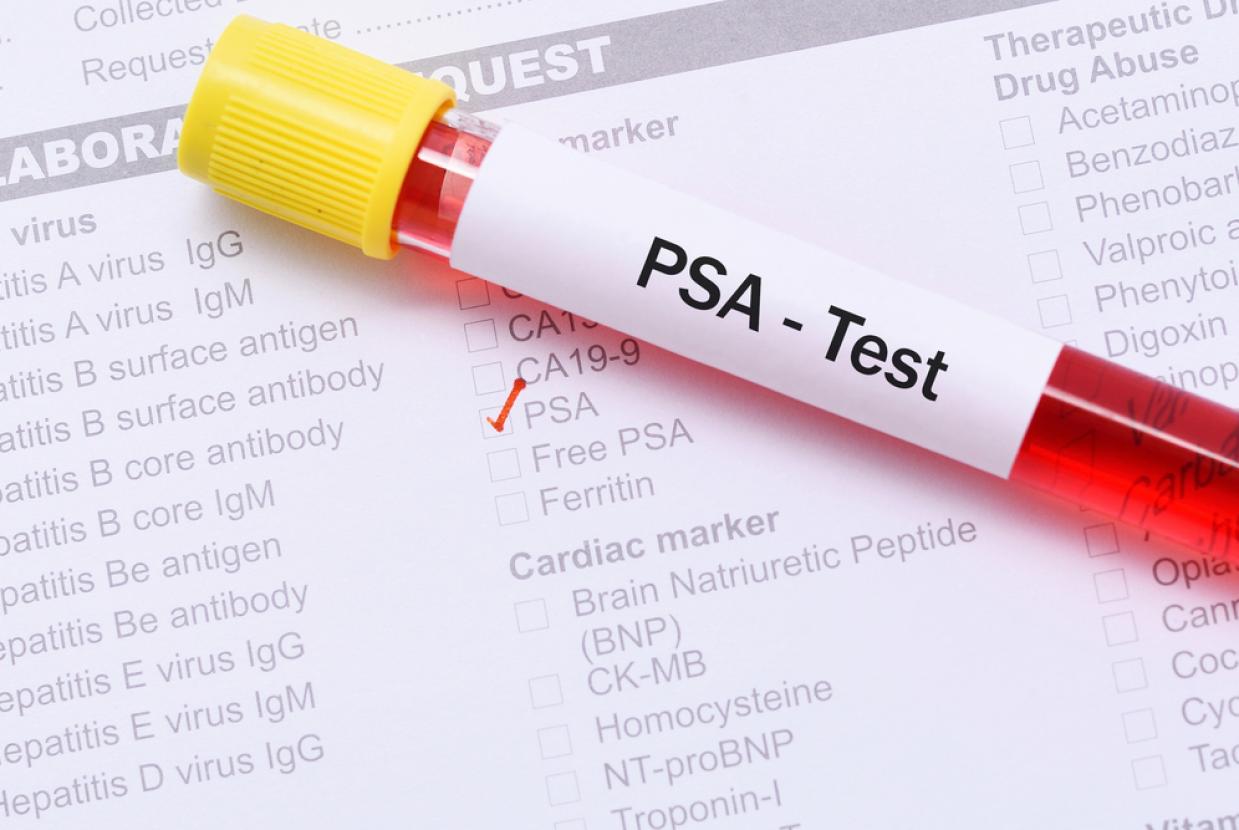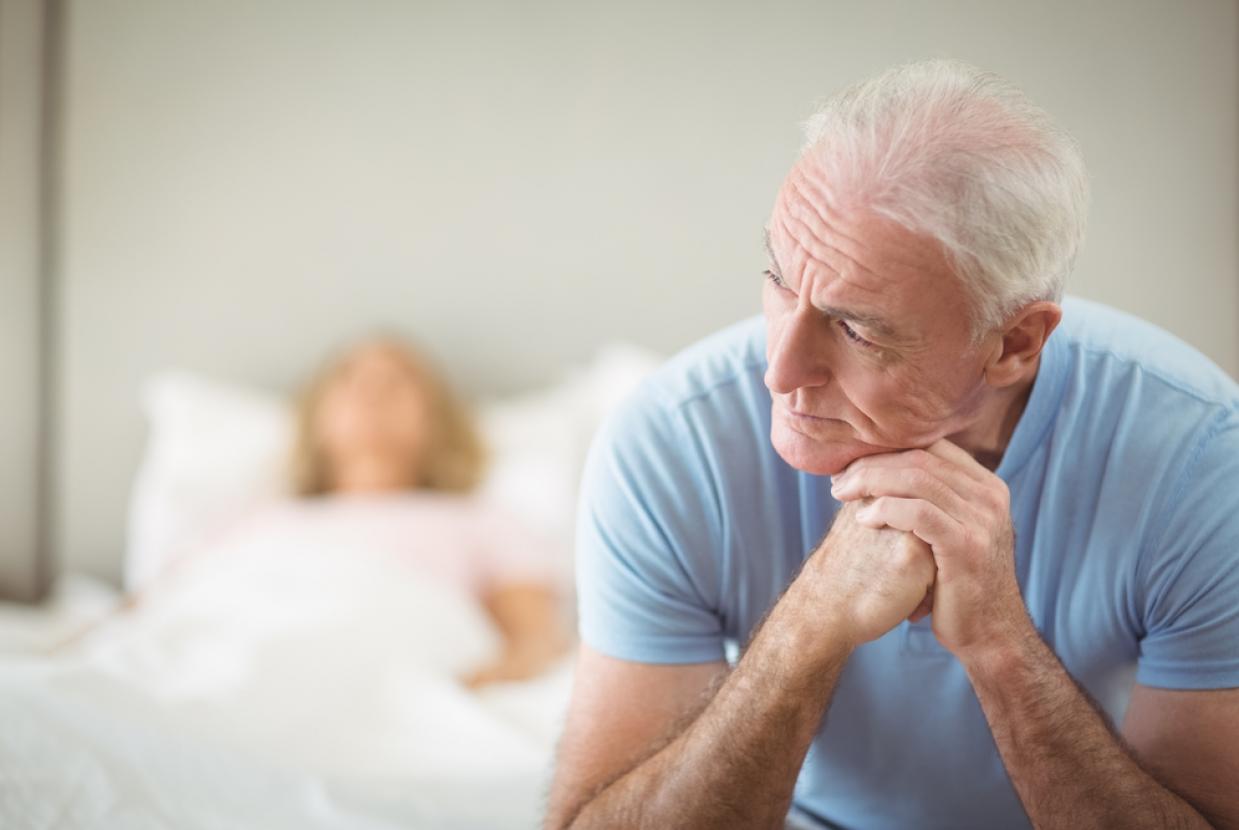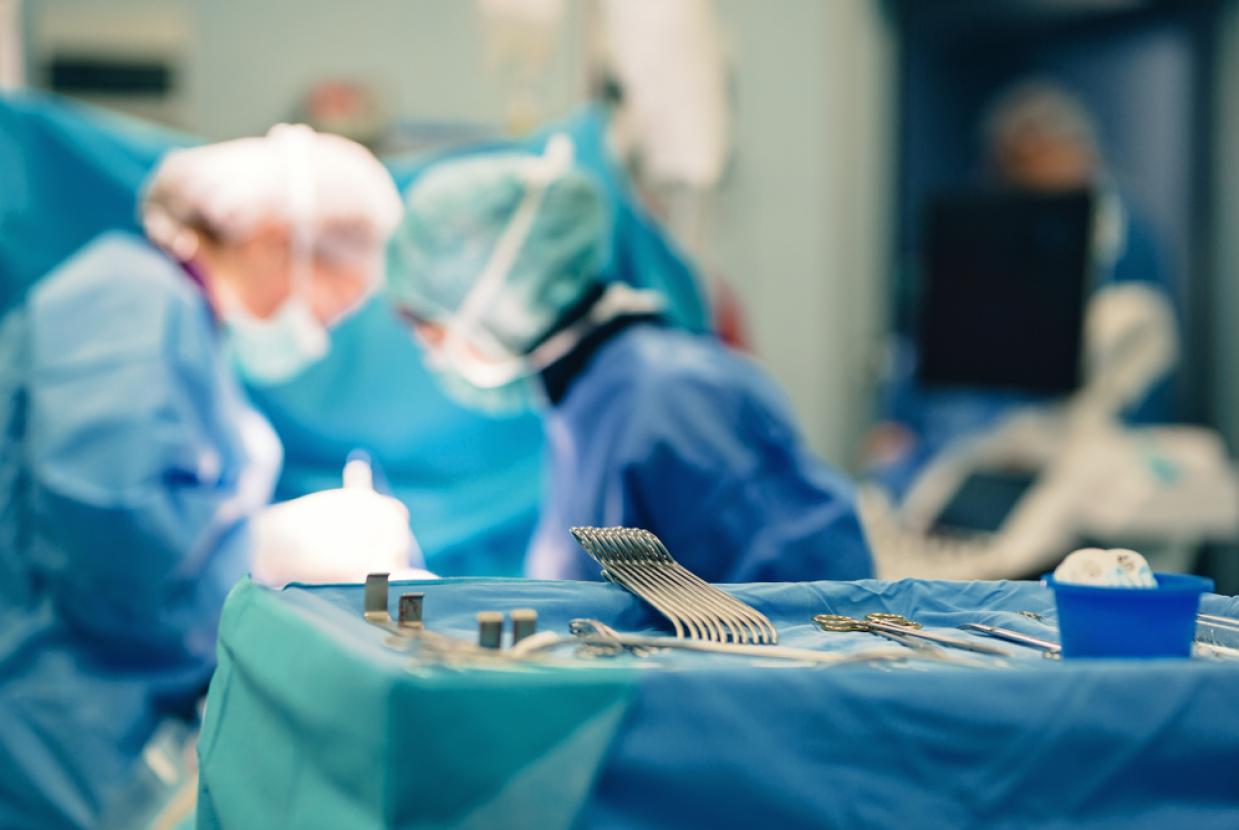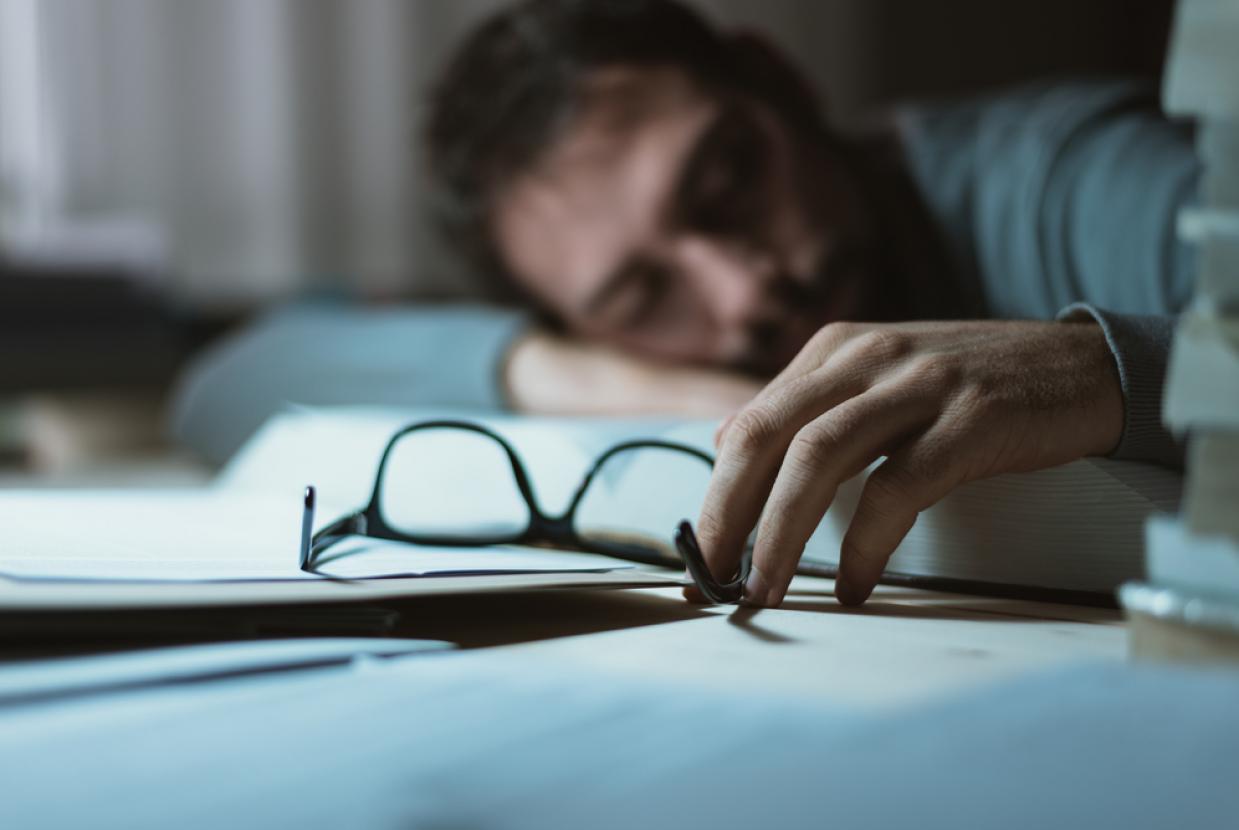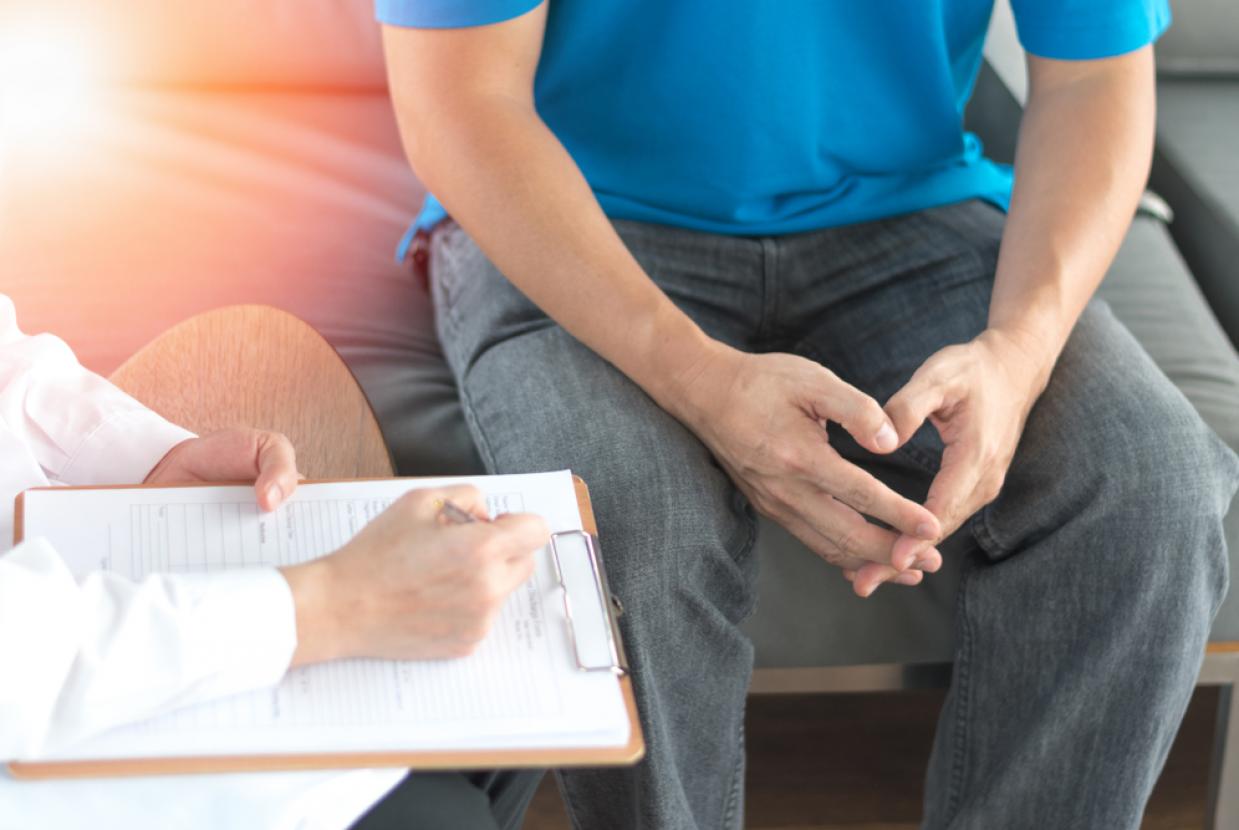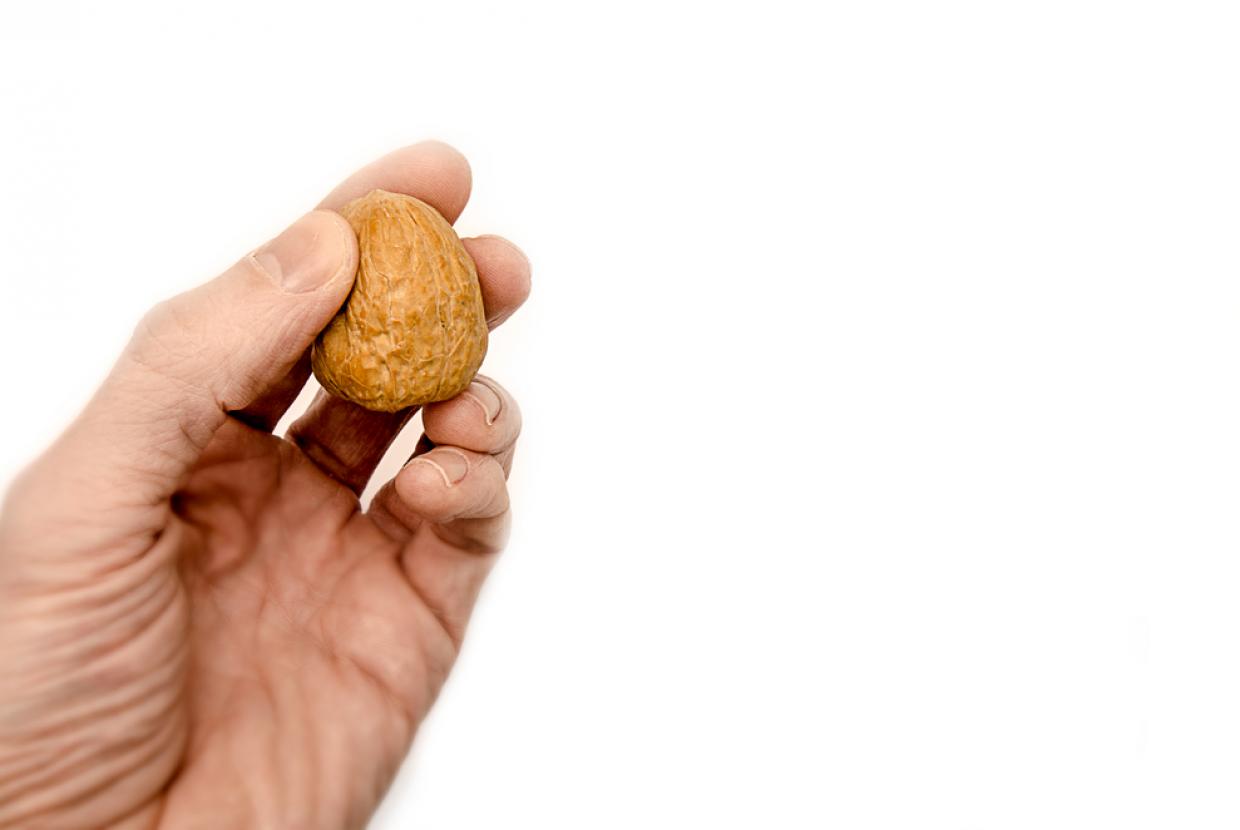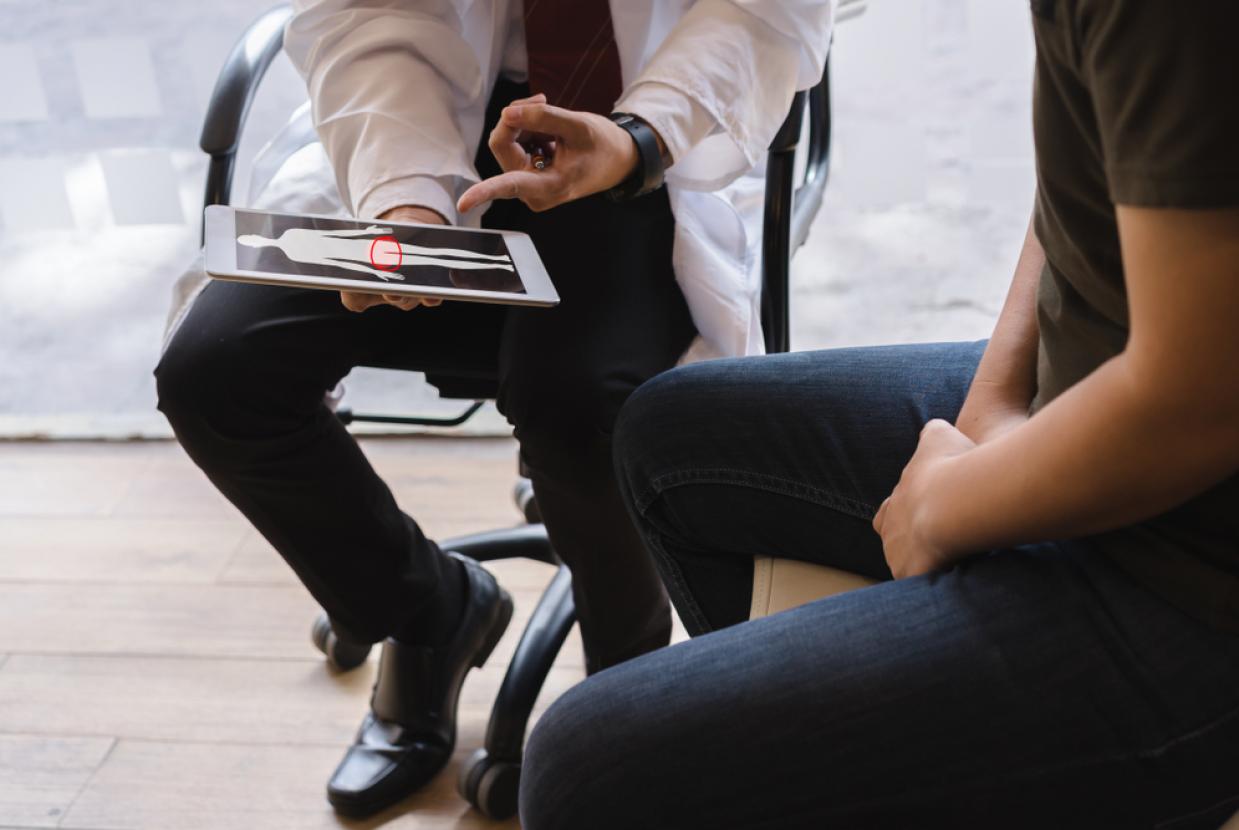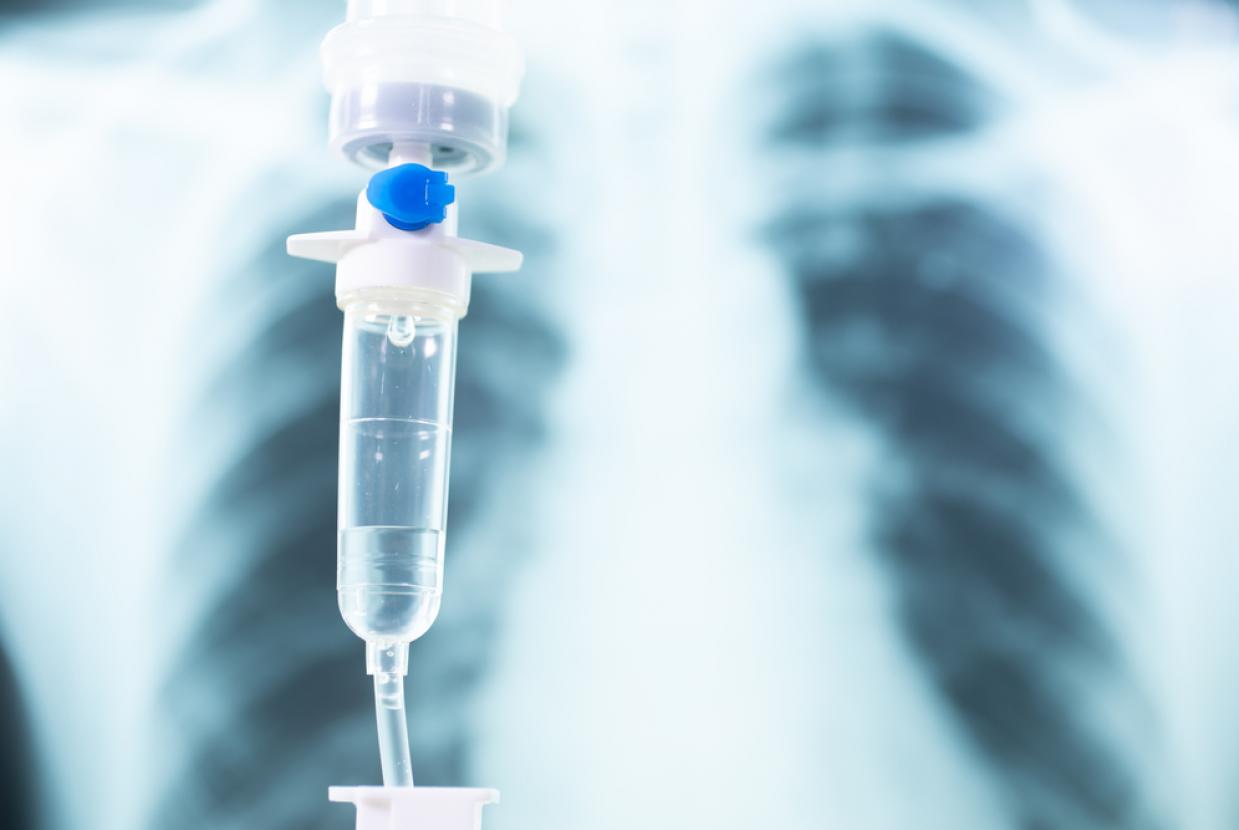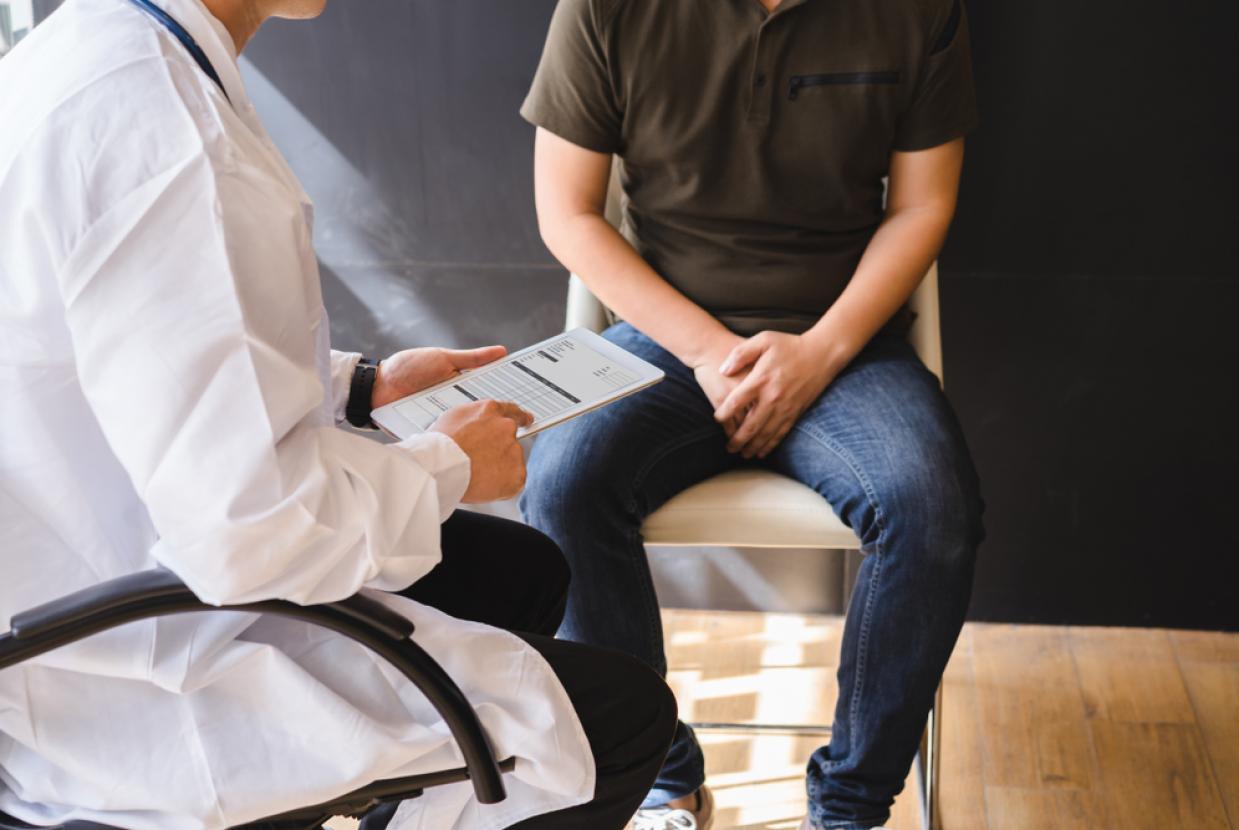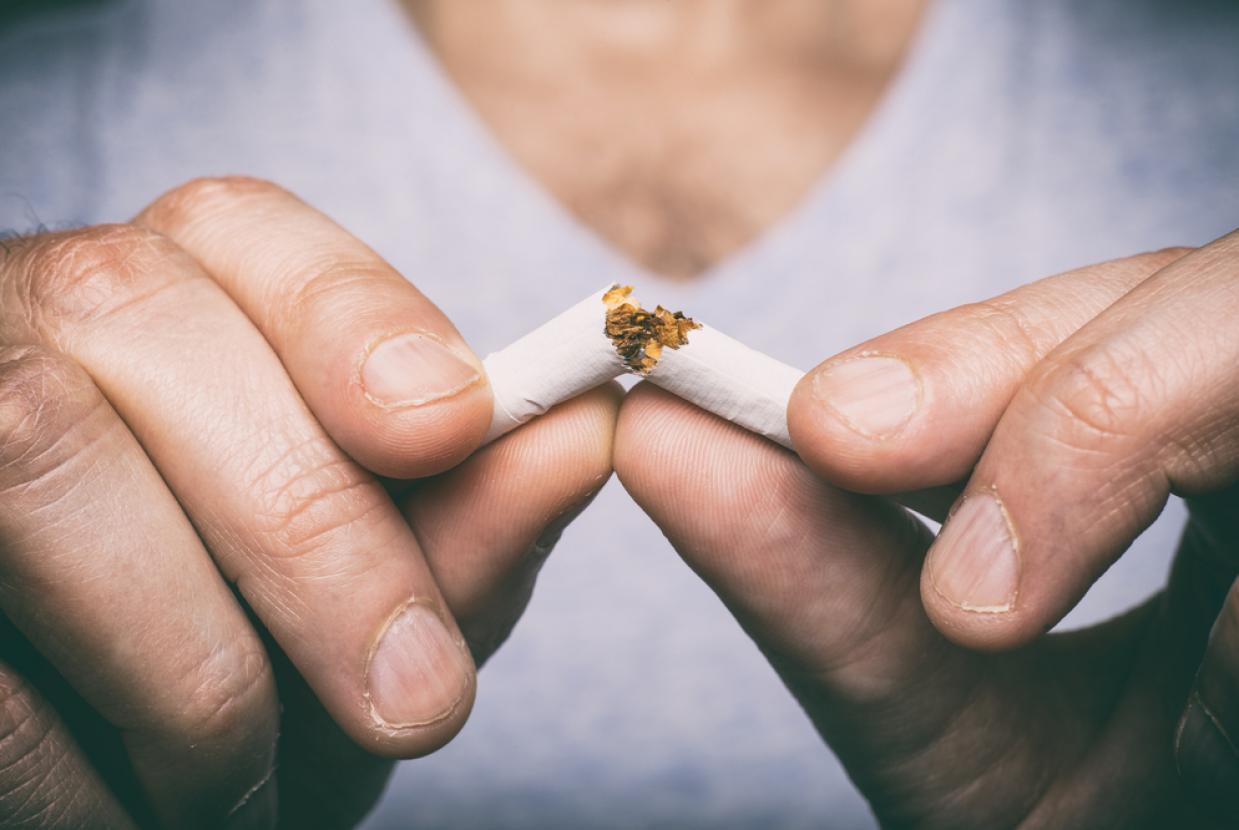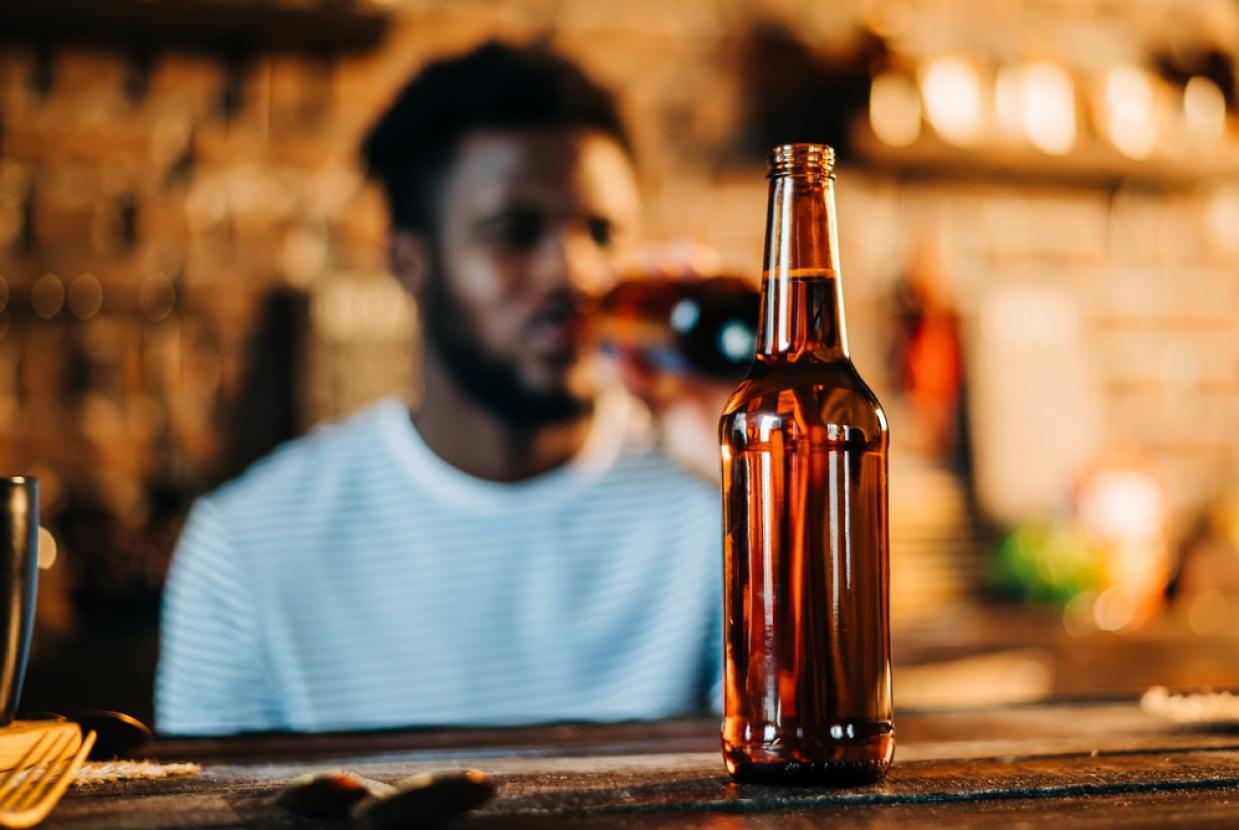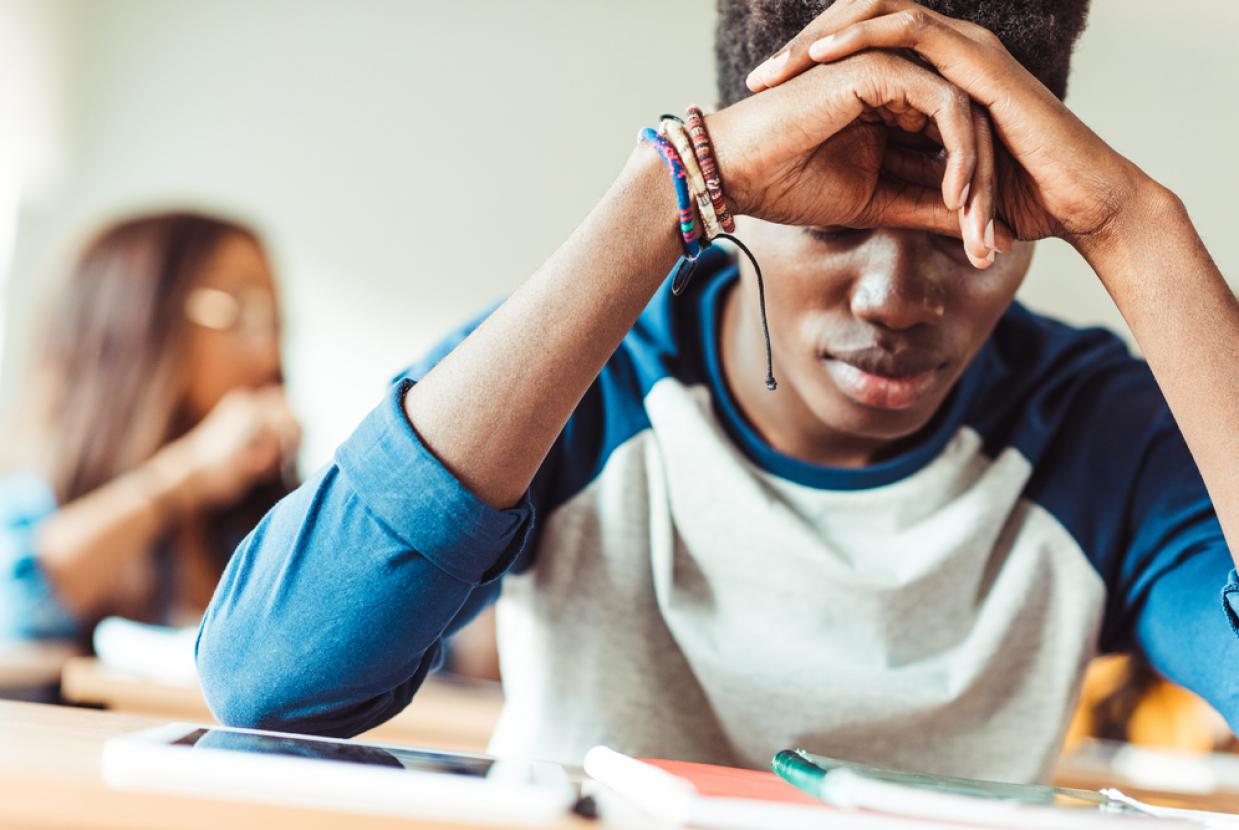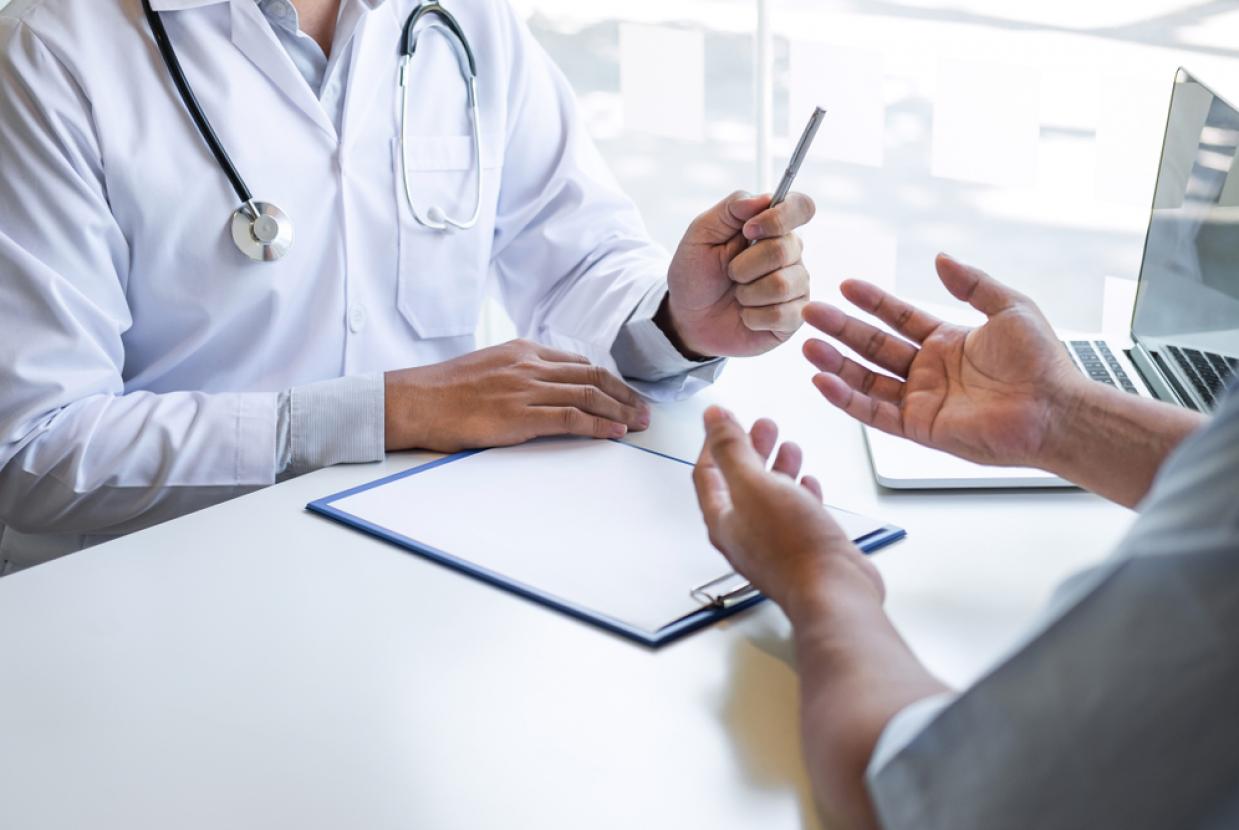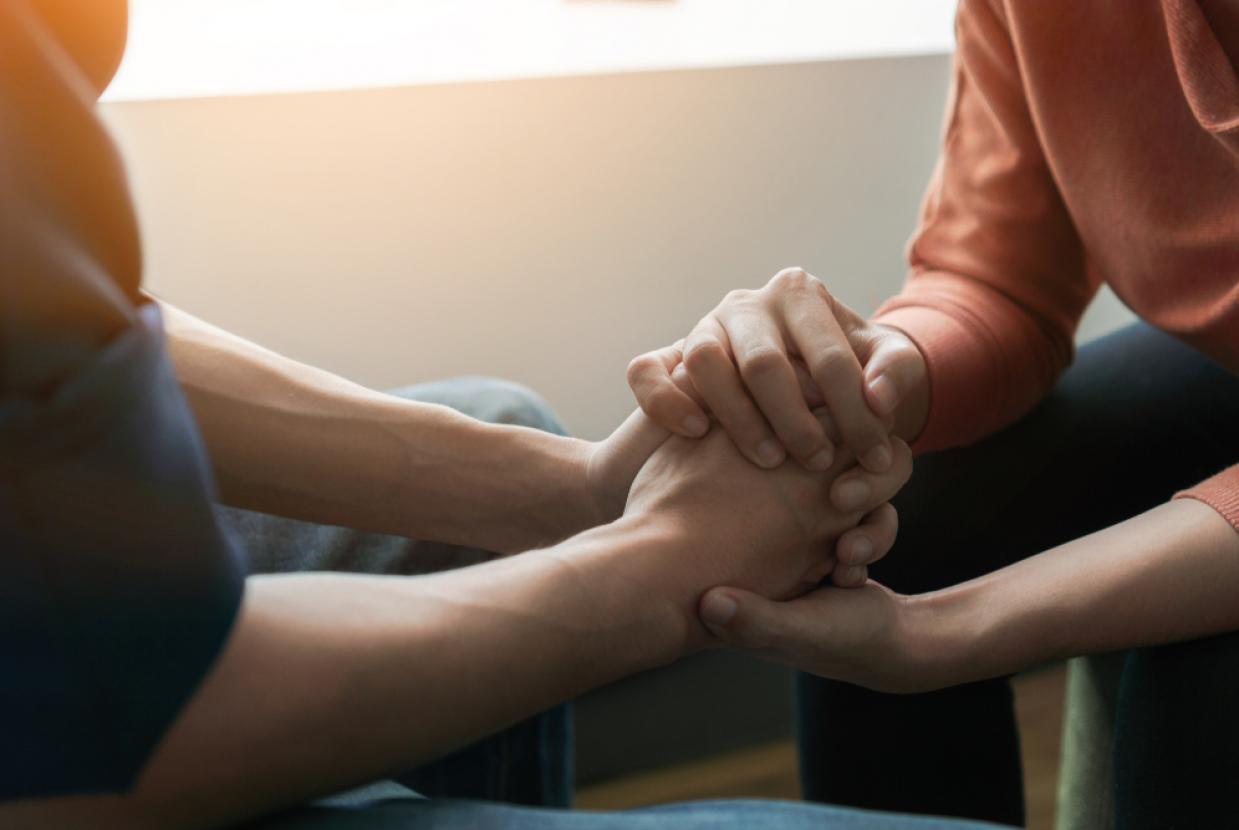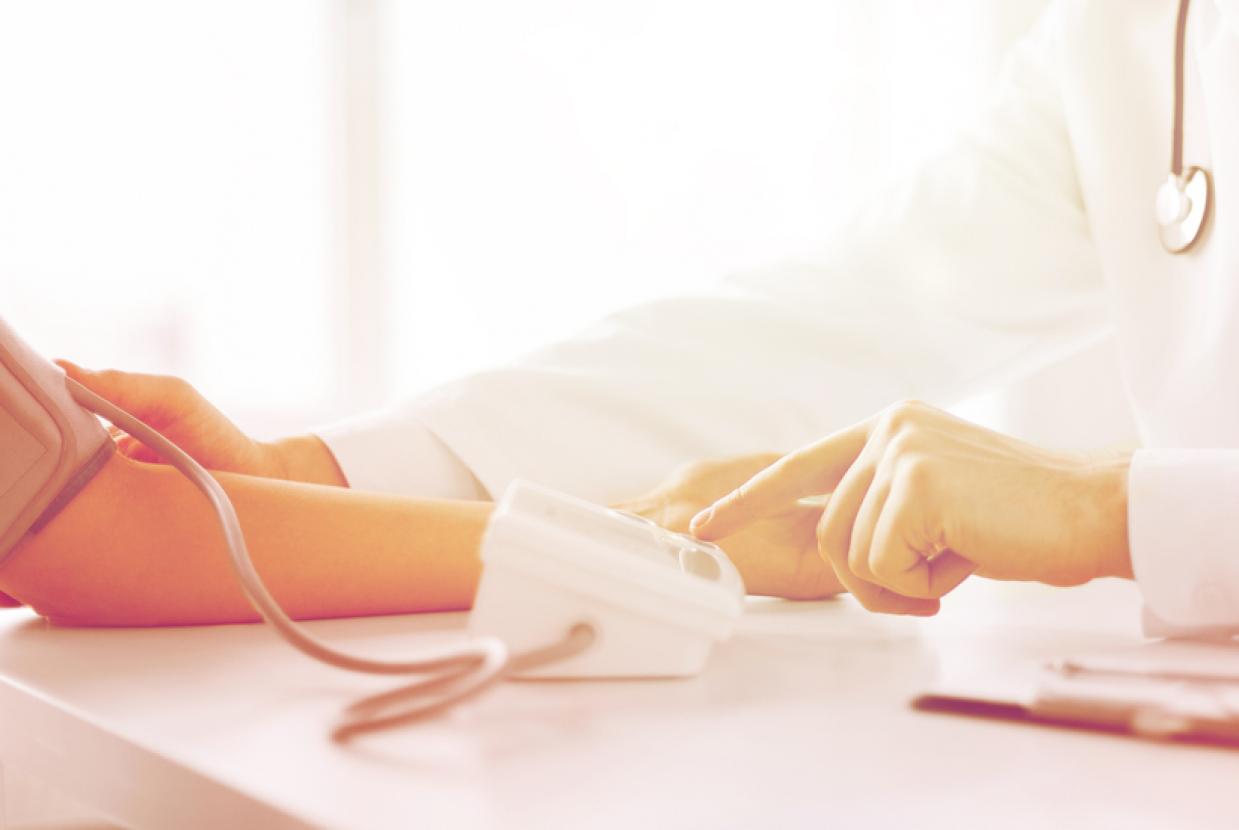Understanding Depression
Depression is more than simply feeling unhappy or fed up for a few days. Most people go through periods of feeling down, but when you're depressed you feel persistently sad for weeks or months, rather than just a few days.
Some people think depression is trivial and not a genuine health condition. They're wrong – it is a real illness with real symptoms. Depression is not a sign of weakness or something you can "snap out of" by "pulling yourself together".
The good news is that with the right treatment and support, most people with depression can make a full recovery.
How to tell if you have depression
Depression affects people in different ways and can cause a wide variety of symptoms. They range from lasting feelings of unhappiness and hopelessness, to losing interest in the things you used to enjoy and feeling very tearful. Many people with depression also have symptoms of anxiety.
There can be physical symptoms too, such as feeling constantly tired, sleeping badly, having no appetite or sex drive, and various aches and pains.
The symptoms of depression range from mild to severe. At its mildest, you may simply feel persistently low in spirit, while severe depression can make you feel suicidal, that life is no longer worth living. Most people experience feelings of stress, anxiety or low mood during difficult times. A low mood may improve after a short period of time, rather than being a sign of depression.
When to see a doctor
It's important to seek help from a GP if you think you may be depressed. Many people wait a long time before seeking help for depression, but it's best not to delay. The sooner you see a doctor, the sooner you can be on the way to recovery.
What causes depression?
Sometimes there's a trigger for depression. Life-changing events, such as bereavement, losing your job or giving birth, can bring it on. People with a family history of depression are more likely to experience it themselves. But you can also become depressed for no obvious reason.
Treating depression
Treatment for depression can involve a combination of lifestyle changes, talking therapies and medicine. Your recommended treatment will be based on whether you have mild, moderate or severe depression.
If you have mild depression, your doctor may suggest waiting to see whether it improves on its own, while monitoring your progress. This is known as "watchful waiting". They may also suggest lifestyle measures such as exercise and self-help groups.
Talking therapies, such as cognitive behavioural therapy (CBT), are often used for mild depression that is not improving, or moderate depression. Antidepressants are also sometimes prescribed.
For moderate to severe depression, a combination of talking therapy and antidepressants is often recommended. If you have severe depression, you may be referred to a specialist mental health team for intensive specialist talking treatments and prescribed medicine.
Living with depression
Many people with depression benefit by making lifestyle changes, such as getting more exercise, cutting down on alcohol, giving up smoking and eating healthily.
Reading a self-help book or joining a support group are also worthwhile. They can help you gain a better understanding about what causes you to feel depressed. Sharing your experiences with others in a similar situation can also be very supportive.


